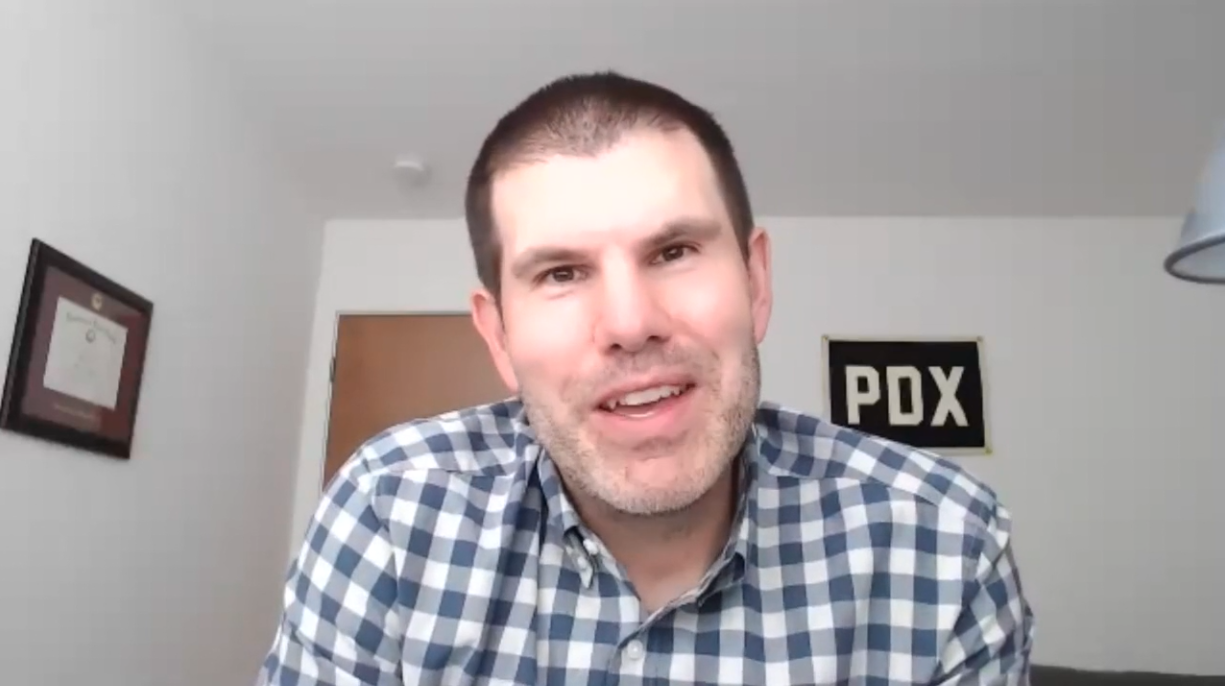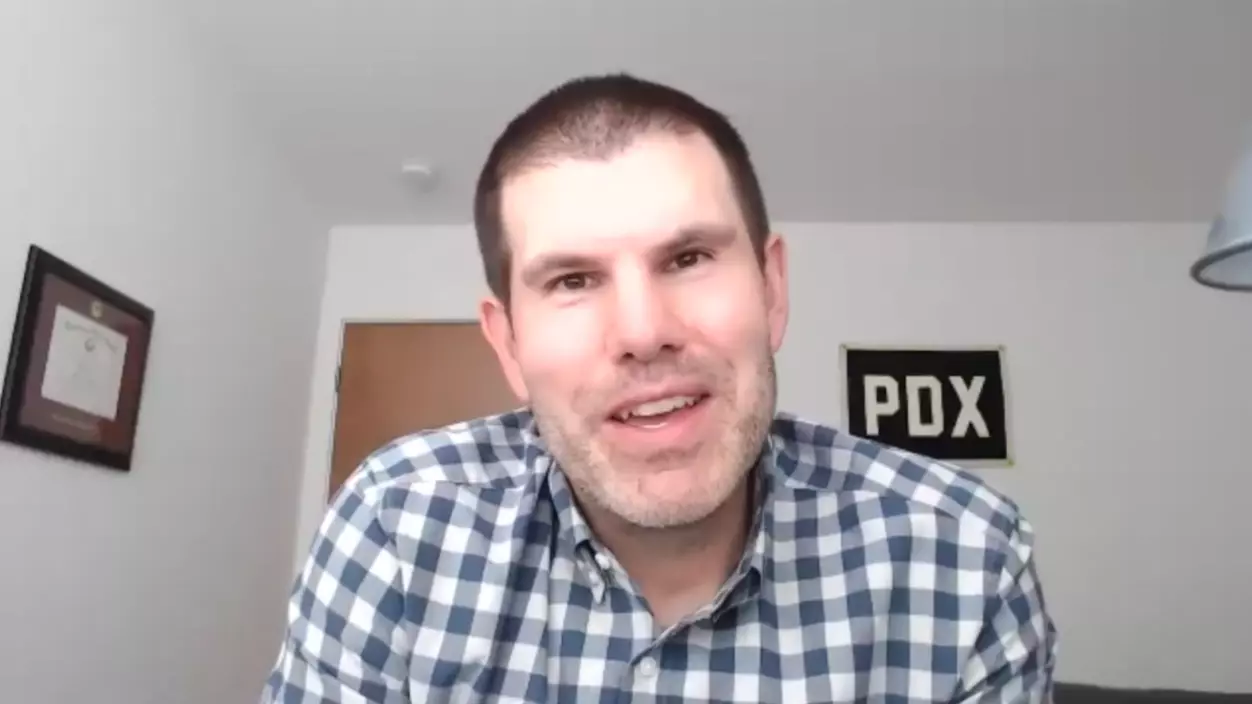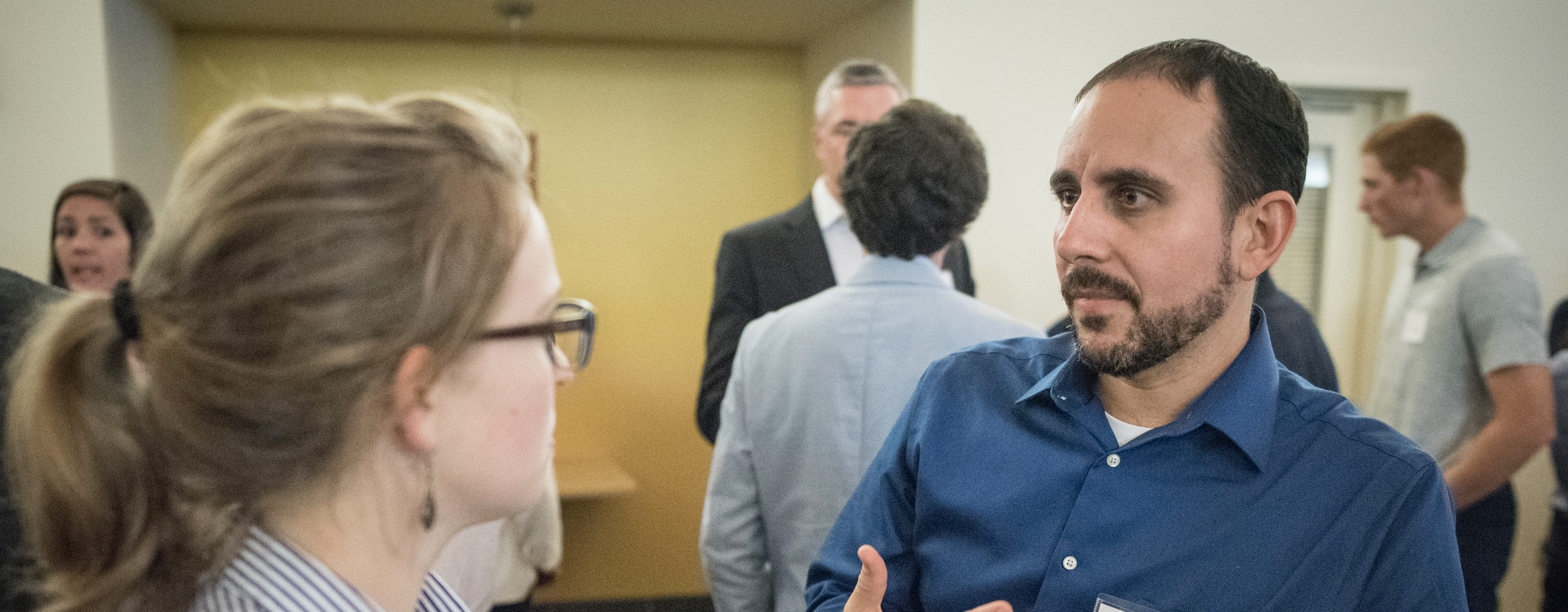No. 2: What are your skills?
Identify the stuff that you know that you’re good at that might be related to a particular role—or might not be. It might just be stuff that you enjoy. For example, when I was at the university, I was part of the newspaper, I was part of the campus orientation group, I was a Passages and Preludes leader, I was part of the Greek system. I took those experiences and tried to pull out stuff that I really enjoyed doing and knew that I was good at. For me, that was talking to people, solving problems, representing a greater organization, being part of a group or a community. I knew I wanted to be part of a team. I knew I could ask interesting questions based on my newspaper work. To see that in writing is very important. It’s not related to any specific job or company; it just really gets those strengths down on paper, so you have a good sense of where you could possibly plug in.
No. 3: Do your research.
Start to identify what kinds of things you could be doing if a job is next for you. That comes from you brainstorming and thinking about what position you might be interested in. It also could be a lot of research, going through job listings or looking at companies you find inspiring and organically figuring out what sort of roles are there, what sort of language they’re using.
I was [too] narrow in my search [after graduating], and I was discouraged in a lot of ways, because I was like, Wow, there are like two things I think I could be doing. I wish I would have spent some more time researching and looking at what the availabilities could be based on [my] strengths and the community that I [knew].
There’s a lot of value in spending a couple of hours on paper getting a sense of who you know, what you know you’re really good at—related to work or not—and what could be some possible options for you.
Want more?
Watch the full Q&A to hear more of Perry’s job-search advice, and check out additional alumni conversations on topics ranging from what it’s like to graduate during a recession to turning an internship into a full-time job on the ASK a Logger page.











